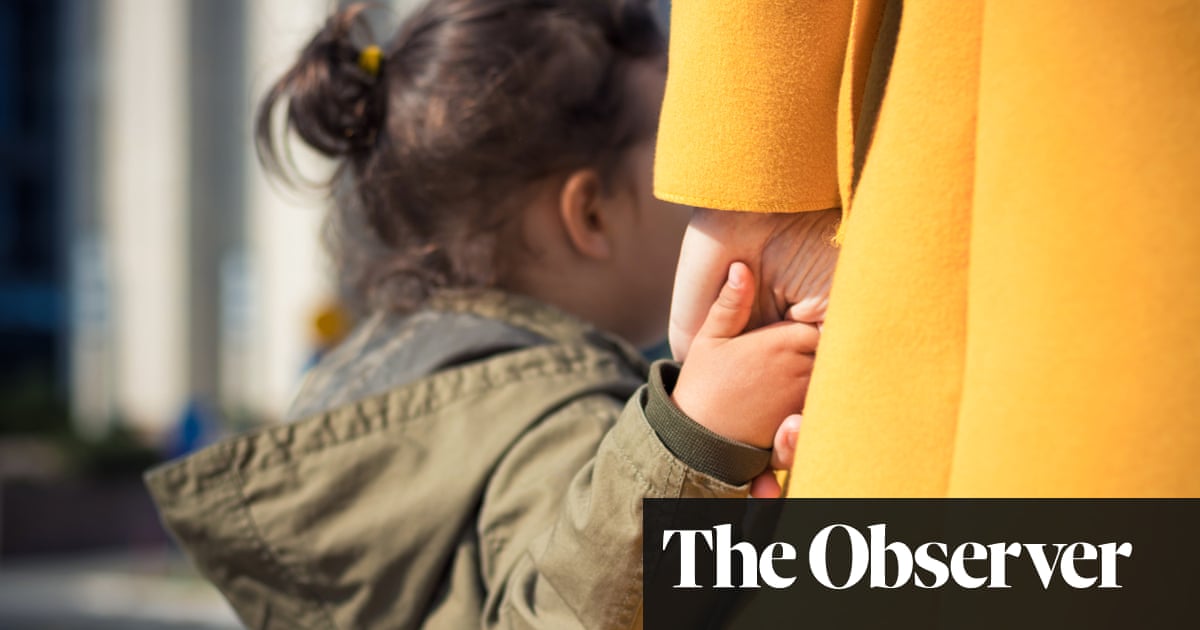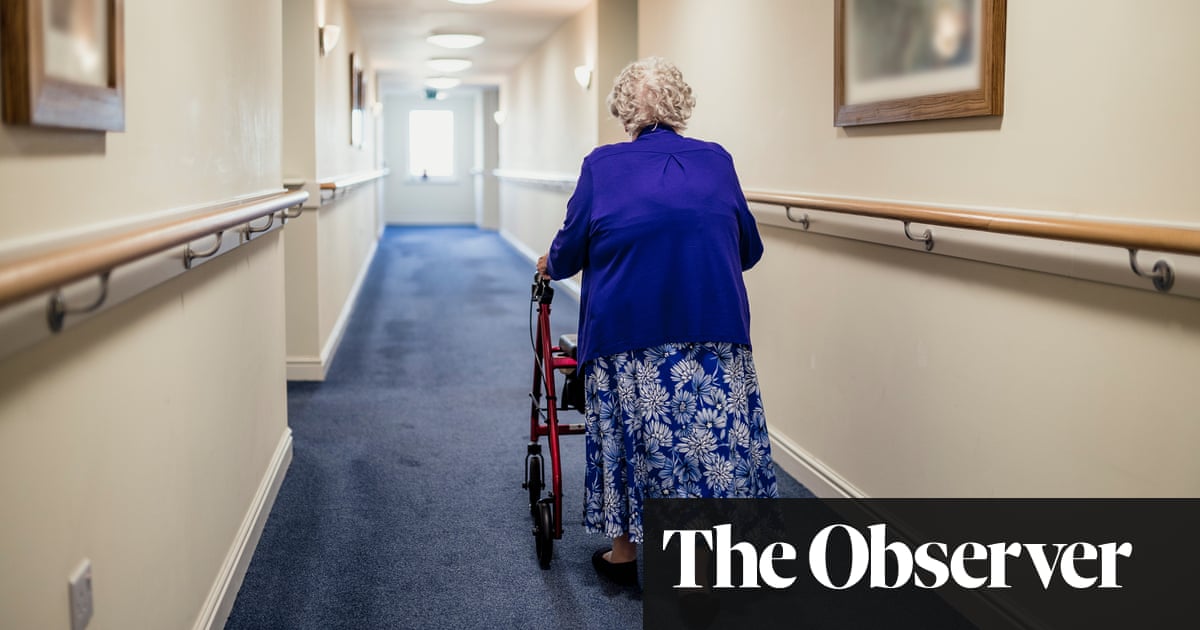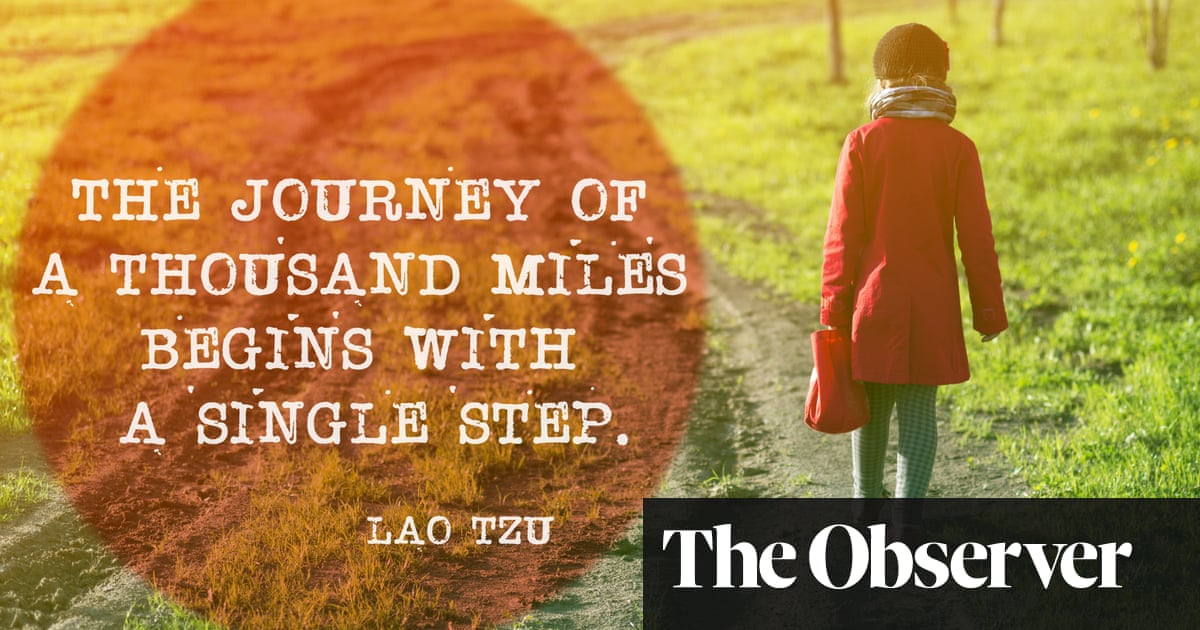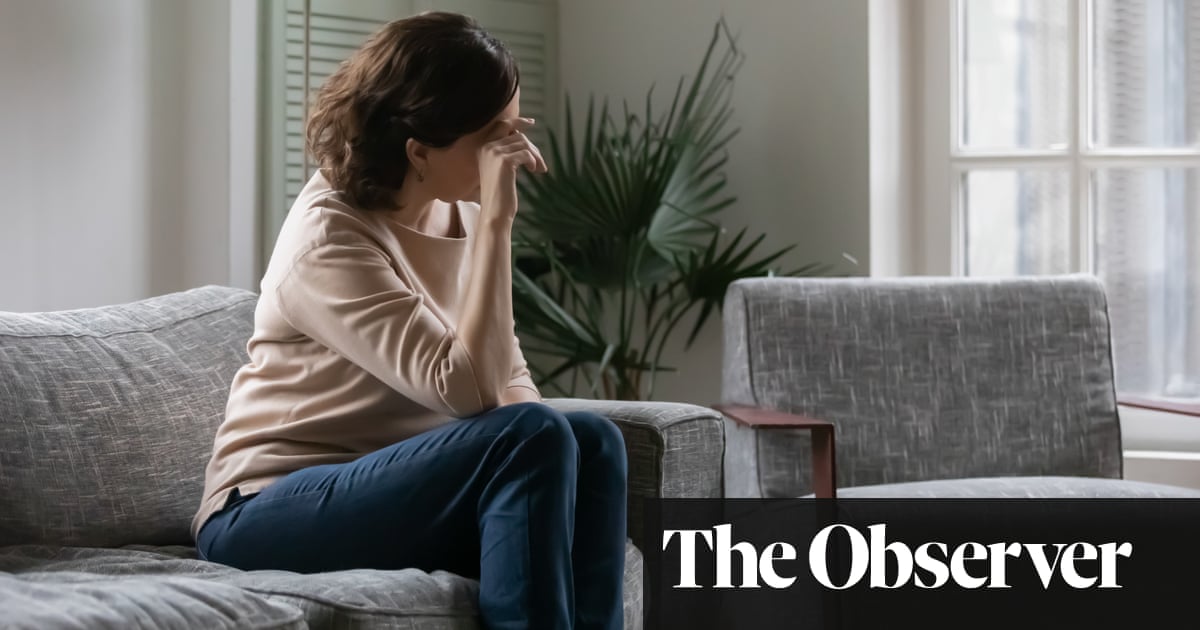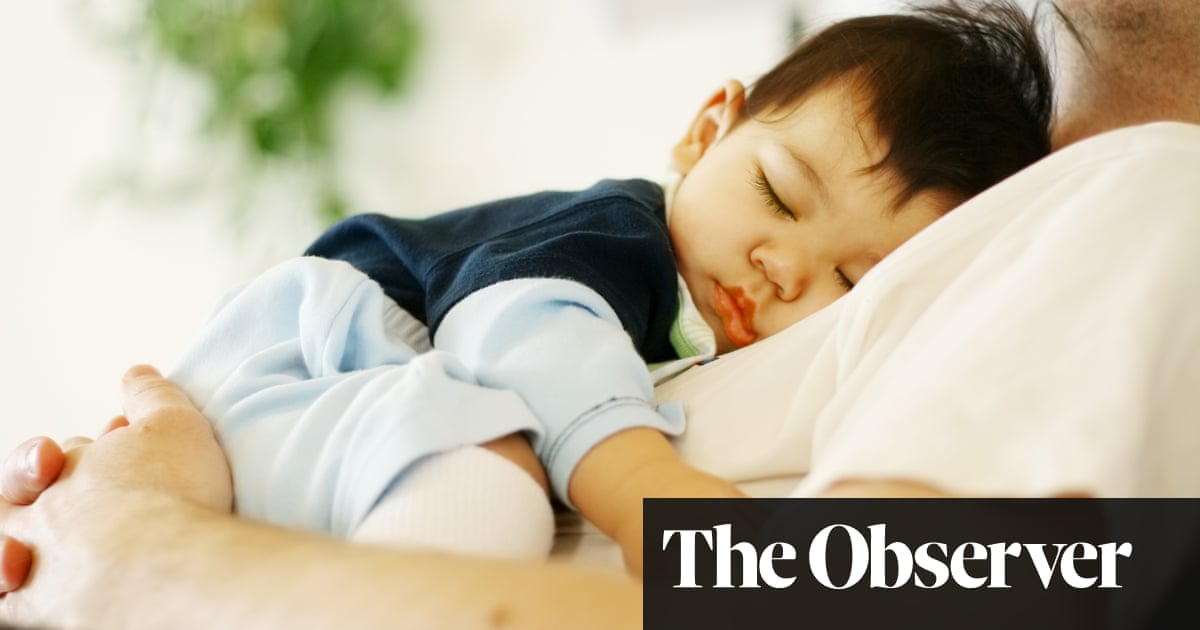
The question I am happily married with a toddler and a baby. During my 20s, I was sure I wanted to have children, by my early 30s I decided I didn’t. I met my husband at 35 and was unexpectedly pregnant less than 12 months later. We were both pleased and I put my decision not to have children down to the depression I had suffered. Now that I have children, I’m not so sure that was right.
I love my children and husband, but I often wish I wasn’t a mother. I hanker for my early 30s when I lived in a great house share and had a good job. It feels ridiculous to crave that period in my life because that was when I was depressed. I had some group therapy, but had to give it up earlier than planned because it made me too anxious.
I have a good life now, but I feel tormented. I worry about being able to provide for my children, and what kind of world I have brought them into. My husband rightly says that it is my anxiety that makes things difficult for me – our actual situation is fine. How can I learn to accept and get on with my life and just “be”?
Philippa’s answer I want to tell you from my heart that you truly have both hands full with two young children. That is not easy. I expect among the joys of first smiles, steps, words and deepening bonds, there is a lot of sleeplessness, drudgery and emotional labour. I have never met anyone cut out for that part, but it is made worthwhile, or perhaps just bearable, if you can see it as an investment of love in their future.
The paediatrician and psychoanalyst Donald Winnicott was the first to point out how normal it is to feel resentment towards our children at times. It’s not surprising you can wish you weren’t a mother – it’s 24/7 with no days off. Somebody once said that having children was a bit like watching football: you suffer 90 minutes of nothing happening, but your team scores a goal in the last minute and you come away euphoric and say it was a great match. You will forget the standing for over an hour in the cold and the boredom, and cling on to the joy. You are at the most time-consuming part of parenting now – you will get more of your life back.
To cope with life, what we unconsciously do is try to make the inevitable uncertainties more certain. We do this by feeling, then “knowing” (when we can’t really know, but like to feel we do). We form categories so we can file ourselves, each other and our experiences into tidy boxes. We turn what is inchoate into language to pin it down and we create narratives and meanings that make us feel less unsure. We also remember, forget and fantasise to order our experiences and protect ourselves from the existential given of uncertainty. Any sudden adjustments we have to make – parenthood is one such adjustment – can cause us to become even more intolerant of uncertainty and compelled to tie life down into neat parcels of foregone conclusions.
Our challenge is to become more comfortable with not knowing. We do this by resisting having to categorise and pin everything down, and by remaining curious. It is normal to catastrophise, because if you imagine the worst happening you won’t be shocked by it if it does – but to do so steals your life as it is no fun to live in a catastrophic fantasy. This is why one of my favourite therapy catchphrases is: “If you are going to have a fantasy, make it a good one.”
I wonder if you had catastrophic fantasies about your group therapy, which is why you stopped going. It may sound easy to resist having to predict the future or only have good fantasies, but it takes discipline and practice. You will often catch yourself staring at a hypothetical ditch and imagining you and everyone you love ending up in it. But you need to realise that to have such a fantasy is a choice, and one you need to stop making. Every time you notice yourself doing this, don’t tell yourself off, but congratulate yourself on having caught it.
Worry is not necessarily bad when it leads to problem-solving, but worrying when it only produces self-torture is a waste of life. You want to just be. To do this, notice your intolerance to not knowing things and outcomes, and your propensity to try to ward this off with catastrophic fantasising. When you are in the habit of noticing it, then you can learn to distance yourself from it, which will control it.
Being a mother isn’t being just one type of person. You are you. None of us is set in stone – humans are more flexible and changing than that. Forget the categories and don’t file yourself away.
Recommended reading How the World is Making Our Children Mad and What to Do About It by Louis Weinstock (out on 9 June 2022); The Book You Wish Your Parents Had Read by me, and What Mothers Do: Especially When it Looks Like Nothing by Naomi Stadlen. And, if you like an academic textbook, Toward a Psychology of Uncertainty by Doris Brothers




